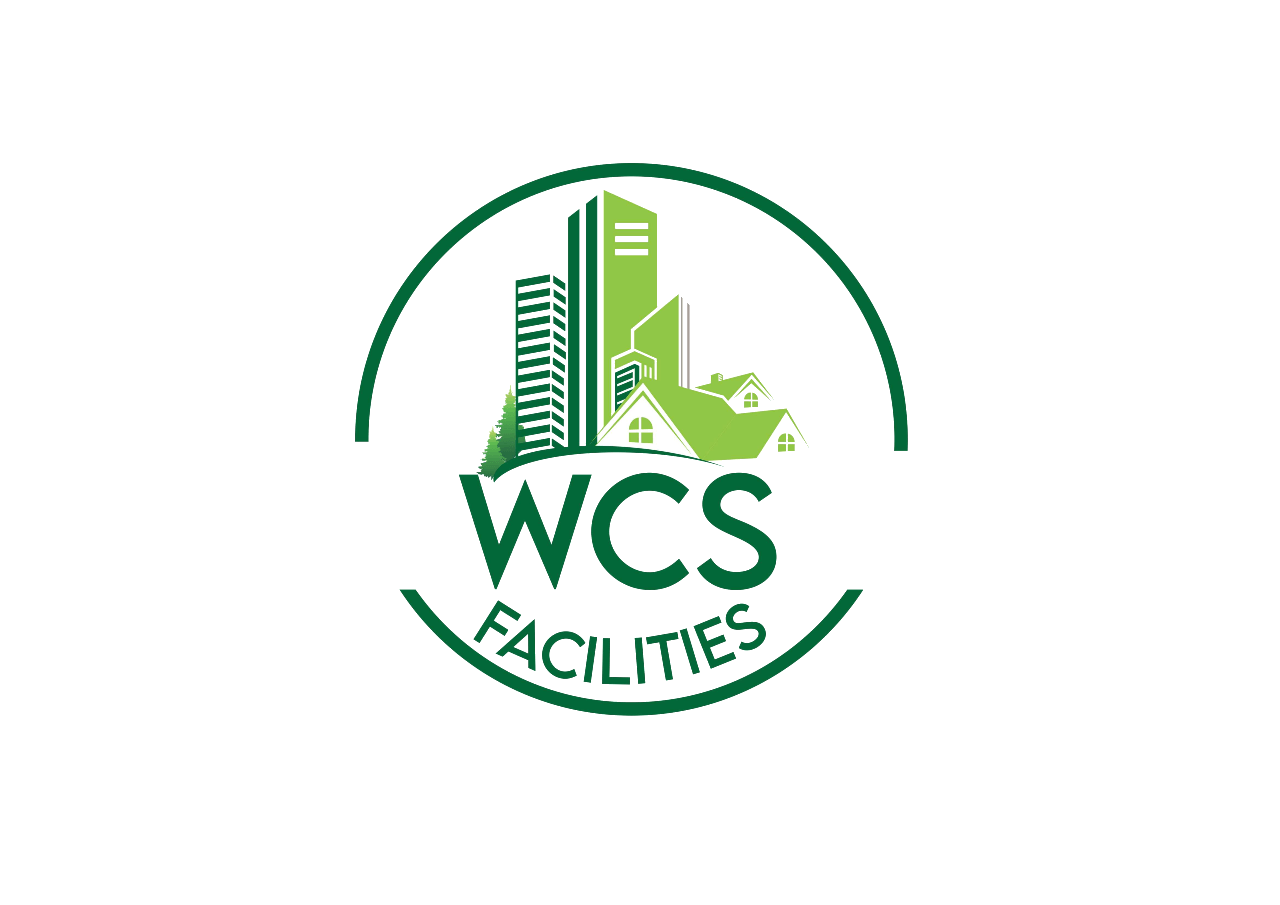Venue Management
Venue Management
Waste management is an important part of planning and managing events. Proper waste management prevents trash from accumulating at the event site, reduces negative impacts on the environment and local communities, and saves money for organizers by reducing the costs of clean-up after the event.
There are several different types of waste that need to be managed during an event, including food waste, recycling, and other solid wastes like paper products, plastic bottles, and cardboard boxes. Each of these types of waste requires a different set of best practices for managing it effectively.
For example, during an event that serves food or hosts large numbers of guests who will be taking home their trash after the event ends, it is important to have adequate recycling bins nearby, as well as trash receptacles for the food waste and other non-recyclable items. Organizers can also make use of composting if available in their area, which will help to reduce the amount of waste that needs to be disposed of at an event.
In addition to managing what happens to the waste at an event, it is also important to plan ahead for how the waste will be collected and transported off-site after the event has ended. This may involve setting up collection schedules with local trash collection services or even hiring dedicated staff members to handle waste removal during the event. It is also important to consider whether your venue can support waste collection and whether any local regulations come into play for managing waste.
By following these best practices for waste management during your event, you can help to keep the environment clean , protect the health of local communities, and minimize the costs associated with post-event trash collection.
Quick & Reliable Commercial Facilities Management Services
We are available 24/7 via fax, email or telephone

Contact info
Useful links
Join the Newsletter
We will get back to you as soon as possible
Please try again later
